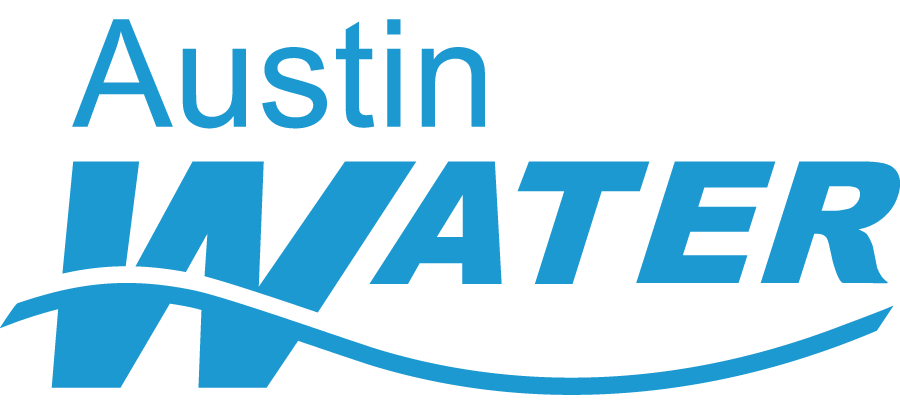According to Chapter 15-10-22 (23) of the Austin City Code, the "Use of enzymes, chemicals or other agents or devices for the purpose of causing oil, grease and/or solids to pass through the pretreatment facility is prohibited."
While this prohibition seems clear to some vendors and commercial food establishments within the City, others have found the prohibition to be a little ambiguous. As such, the following guidelines have been adopted with regard to the acceptability of the use of enzymes, chemicals, and/or microbial agents in commercial kitchens and grease traps:
- The direct addition of any enzyme, chemical or microbial agent to a grease trap is prohibited. The current City grease trap design and sizing criteria are based on gravimetric separation for grease and solids removal. The addition of enzymes or chemical emulsifying agents would impede this gravimetric separation and defeat the purpose of the trap. Any attempt to modify the trap into a biological reactor by adding bacterial or other microbial agents is also prohibited.
- The addition of enzymes, chemicals and/or other agents to floor drains or other kitchen fixtures for the purpose of keeping the plumbing between the kitchen and the grease trap clear is allowable if, and only if, adequate care is taken to make sure that the use of such agents does not interfere with grease trap performance. The use of these agents for this purpose is prohibited if there is any sign that the use of the agent is interfering with the grease trap performance. Four key signs of such interference include:
- The use of any such agent extends the period before the oil, grease and/or solids accumulate to the effective grease trap operating capacity.
- The use of any such agent is accompanied by an emulsification of oil and/or grease in the grease trap that causes a shift in the consistency of the grease contents from a stratified layer with a dense greasy crust on top to an almost uniform pancake batter-like consistency.
- The use of any such agent is accompanied by an accumulation of grease or the appearance of free-floating oil or grease downstream of the grease trap.
- The use of any such agent is accompanied by any end-of-pipe grab sample result for fats, oils and greases (FOG) above the instantaneous maximum concentration limit of 200 mg/L.
The prohibited use of enzymes, chemicals and/or other agents is considered a violation of the Austin City Code and could subject violators to penalties of up to $2,000 per violation per day. If such misuse of these agents contributes to a sanitary sewer overflow, the violator may also be required to pay cost recovery for expensive clean-up and repair operations.
This policy is not intended to address the use of conventional dishwashing detergents, cleaning agents or food processing chemicals as they are used for dishwashing, kitchen cleaning and other food preparation activities, respectively.

